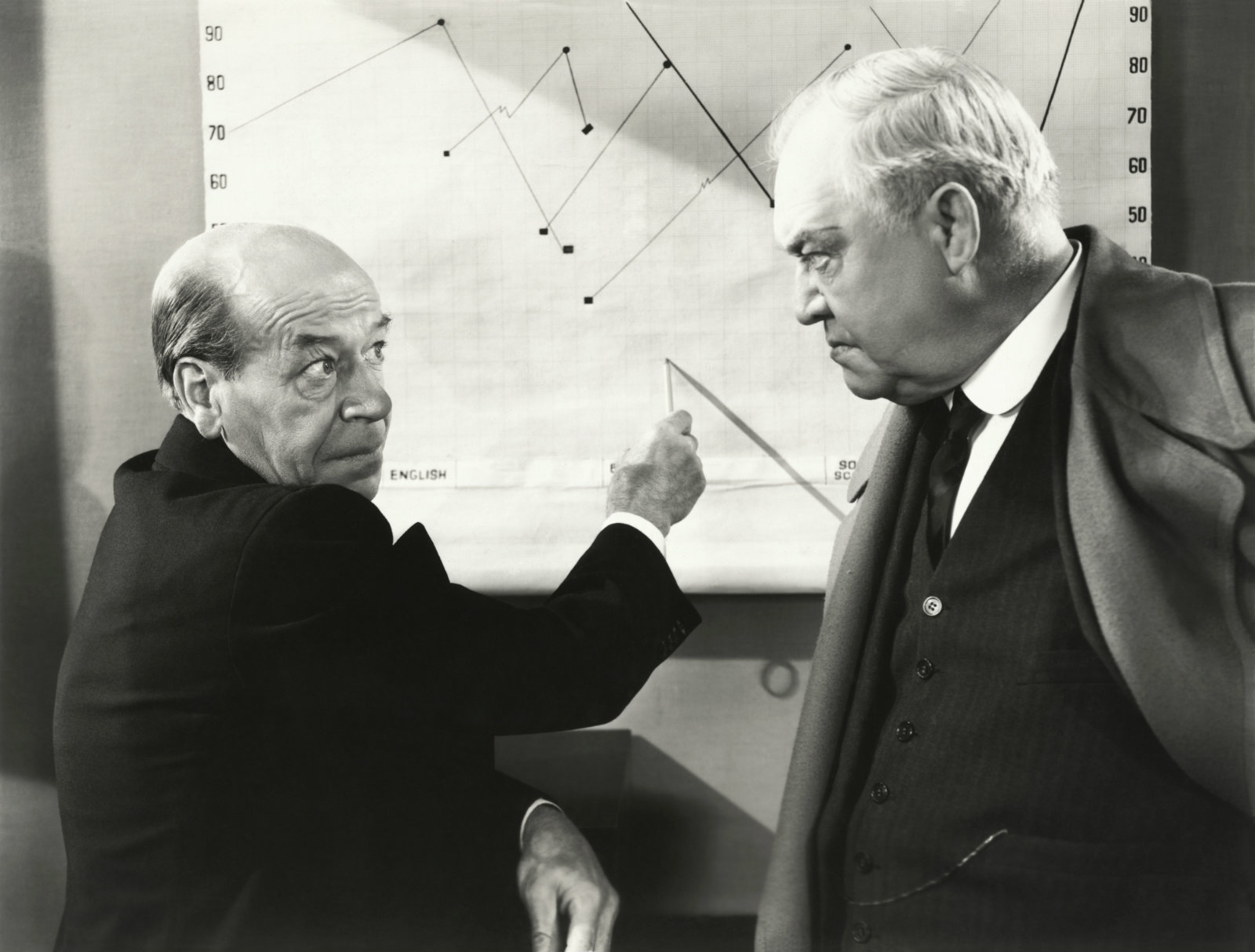If history is anything to go by …

The post-pandemic era is likely to see low interest rates and muted bottom line, leaving owners of capital with smaller returns on their investments, writes John Dizard for the Financial Times.
Post-pandemic periods historically tend to see declining interest rates, according to the findings of a Federal Reserve working paper that looked at post-pandemic economic data stretching as far back as the 14th century. “Following a pandemic, the natural rate of interest declines for decades, reaching a nadir about 20 years later,” the co-authors wrote, with the natural rate dropping 1.5 percentage points lower than it was forecast had the pandemic not occured. “The great historical pandemics of the last millennium have typically been associated with subsequent low returns to assets.”
This is the opposite effect we see in post-war eras: Major wars typically cause a spike in interest rates for the ensuing 30-40 years, the study found. As wars destroy property and disperse wealth, the need to borrow capital for reconstruction could push interest rates up. Pandemics, on the other hand, tend to leave property and capital intact, while resulting in demographic decline, thereby pushing up wages relative to interest rates.
The relationship between age distribution and inflation is the key indicator: Data showed that inflation increased in populations with more dependants such as children and the elderly, and decreased in populations with more working citizens. This is possibly due to the former populations being able to save less due to having to financially support their dependents, thereby spending more and boosting inflation, prompting an inverse reaction in interest rates. The fact that covid-19 deaths have disproportionately been among the elderly could alter demographics, leaving young people who are more likely to spend and less likely to drive up inflation and pushing down real rates, the study said.
What does that mean for monetary policy? “If the trends play out similarly in the wake of covid-19 then the global economic trajectory will be very different than was expected only a few months ago,” write the study’s co-authors. US Treasury Secretary Janet Yellen warned earlier this month that interest rates may have to undergo a hike to counter proposed stimulus measures in order to prevent the “overheating” of the US economy, while UK MPs raised the specter of rising interest rates raising the cost of government borrowing, thereby destabilizing the UK economy. The findings of this study suggest rates may continue to drop, signalling the need for a tightening of monetary policy from its current accommodative stance.